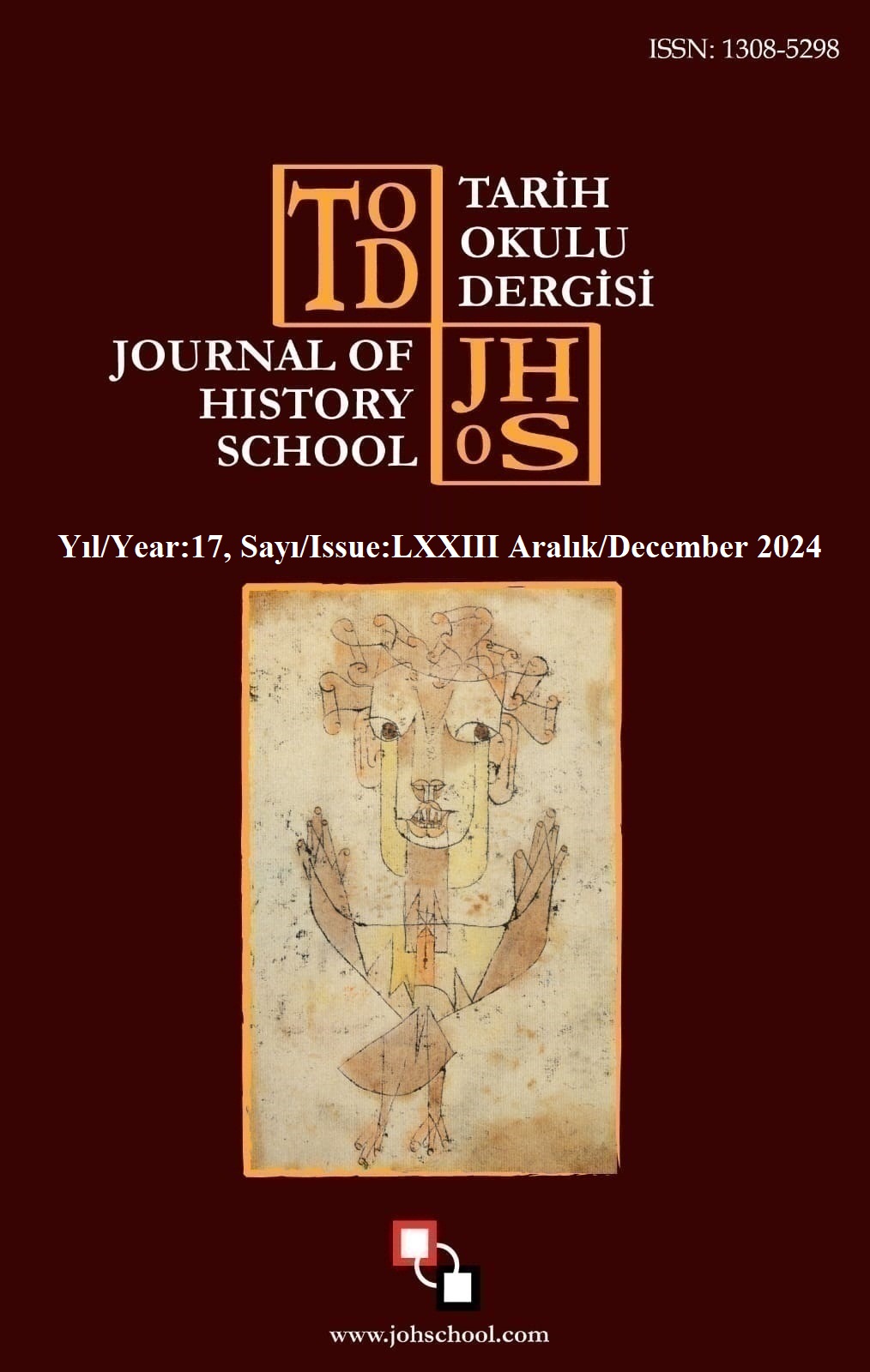Author :
Abstract
Eğitim sistemi içerisinde pusula vazifesi gören öğretim programları, öğrencilerin neyi/neleri, nasıl, ne kadar ve hangi sırayla öğreneceklerine ilişkin bir çerçeve sunar. Eğitim sisteminin diğer öğeleri gibi öğretim programları da dinamik bir yapıya sahiptir ve belirli aralıklarla bilimsel araştırmaların bulguları ışığında geliştirilmelidir/ güncellenmelidir. Türkiye Yüzyılı Maarif Modeli (TYMM) kapsamında ortaya oluşturulan öğretim programları, derslere ilişkin içeriğin büyük oranda sabit kalması, bazı konuların eklenmesi ve/veya çıkarılması yönüyle bir program geliştirme ya da programı iyileştirme çalışmasıdır. Ancak ortaya konan paradigma değişimi perspektifinden Türkiye Yüzyılı Maarif Modeli kapsamında oluşturulan öğretim programları bir program değiştirmedir, içerik büyük oranda sabit kalsa bile. Bu araştırmada 26 Nisan 2024’te askıya çıkan ve 27 Mayıs 2024 tarihinde bakanlıkça onaylandığı duyurulan Türkiye Yüzyılı Maarif Modeli kapsamındaki öğretim programları incelenmiş, incelemede programın gerekçesi, amacı, felsefesi, öğrenci profili, değer modeli, beceriler ve okuryazarlıklar ayrı ayrı ele alınmıştır. Bu inceleme sonucuna göre yapılan tespitler ve eksik görülen alanlarla ilgili önerilerde bulunulmuştur. Araştırma, nitel yaklaşımlardan durum çalışması desenine göre tasarlanmıştır. Temel sonuçlar şöyledir; TYMM kapsamında hazırlanan öğretim programlarının güçlü bir gerekçesi ve sağlam bir felsefi arka planı mevcuttur. Hazırlanması aşamasında birey, toplum, uluslararası bağlam, bilim ve teknolojideki gelişmeler büyük oranda dikkate alınmıştır. Bireysel farklılıklara vurgu yapması, okuryazarlık becerilerini programlar aracığıyla kazandırma iddiası vb yönüyle önceki programlardan farklılaşmaktadır. Bununla birlikte programın uygulayıcısı olan öğretmenlerin program hakkındaki bilgisi, ilgisi ve hazırbulunuşluk düzeyleri ile eğitim kurumlarımızın mevcut imkân ve donanımları programın etkili uygulaması için sorun oluşturabileceği değerlendirilmektedir.
Keywords
Abstract
Curricula, which serve as a compass within the education system, provide a framework for determining what students will learn, how they will learn it, to what extent, and in what sequence. Like other elements of the education system, curricula have a dynamic structure and must be improved or updated periodically in light of scientific research findings. The curricula developed within the scope of the Türkiye Century Education Model (TYMM) largely maintain the content of the courses, with certain topics added or removed, representing an effort in curriculum improvement. However, from the perspective of the paradigm shift presented, the curricula developed within the scope of the Türkiye Century Education Model constitute a curriculum transformation, even though much of the content remains unchanged. In this study, the curricula within the scope of the Türkiye Century Education Model, which were suspended on April 26, 2024, and announced as approved by the ministry on May 27, 2024, were evaluated. The analysis examined the rationale, objectives, philosophy, student profile, value model, skills, and literacies of the program individually. Based on the findings of this analysis, observations were made, and recommendations were provided for areas identified as deficient. The study was designed using the case study design, one of the qualitative research approaches. The main findings are as follows: The curricula prepared within the framework of TYMM have a strong rationale and a solid philosophical foundation. The preparation process largely considered individual, societal, international, scientific, and technological developments. It differs from previous curricula by emphasizing individual differences and aiming to impart literacy skills through the programs. However, the knowledge, interest, and readiness levels of teachers, who are the implementers of the program, as well as the current resources and infrastructure of educational institutions, are assessed as potential challenges to the effective implementation of the program.





